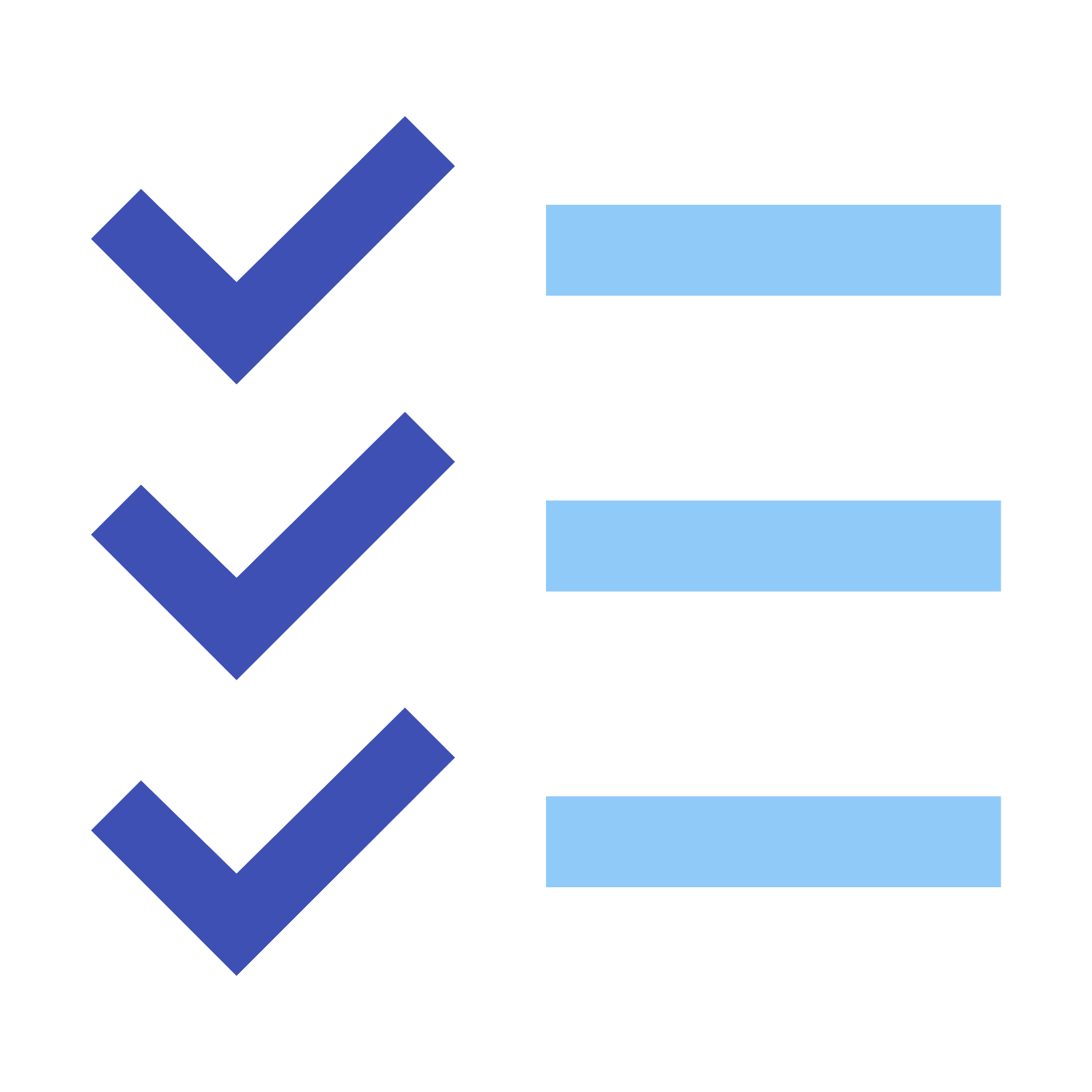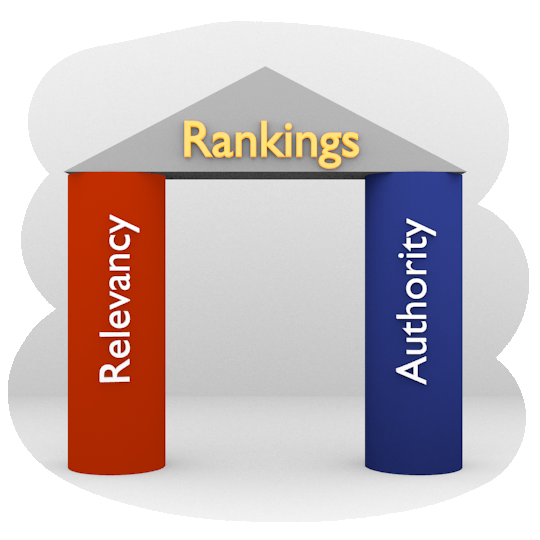
Missed the explainer video?
Watch the How Search Engines Rank Websites explainer and get a head start in your knowledge before completing this text element!
Module Text

Missed the explainer video?
Watch the How Search Engines Rank Websites explainer and get a head start in your knowledge before completing this text element!

In Module 1 we looked at SEO Scams and Cons so you can avoid the companies that could cause your website considerable harm.
Module 2 covered personalized search so you don't make the very common mistake made by many website owners and think you have good rankings when you don't!

You're now well prepared to start Search Engine Optimizing your site but in order to do it you'll need to understand the process Search Engines go through when deciding, from the billions of pages on the internet, who should take those magic positions at the top of their lists in the search results ... the top rankings
It all comes down to two factors – relevancy and authority.
These are the two pillars of rankings.
Before we go any further here's the basic SEO Jargon you're going to need to know.
Search Term or Search Query - the word or phrase a person is looking for using a search engine like Google, Bing or Yahoo! In this course we will use 'Search Term'
The index - all the website pages that a search engine knows about.
SERPs (Search Engine Results Pages) - the list of website pages a person sees when they have carried out a search on search engines like Google, Bing or Yahoo!
Latent Semantic Indexing (LSI) - the technology search engines use to understand what words and phrases are similar to each other in meaning (e.g. 'SEO' and 'Search Engine Optimization' are seen as the same).
Now lets see relevancy and authority in action with an imaginary search engine called 'GABling' when someone carries out a search like 'cute cuddly kittens' by clicking through the slide show below.
As you have seen you aren't going to stand even a chance of ranking if you are not in a search engine's index so ... are you?
To find out if you are in Google's index open Google and search site:mydomainname.com replacing 'mydomainname.com' with your website (e.g. site:link2light.com). You'll see a list of every page on your site that is in Google's index.
Most major search engines have this feature so just repeat it in the ones you want to rank in.
Not appearing? For Google if you have recently launched your website you might want to bring Google's attention to it via their Search Console (see the Further info & resources at the bottom of this page for links to tutorials on how to do this).
If you have already done that more than a couple of weeks ago then here are some other reasons why your content might be being ignored:
Click each image to reveal more

You're content does not have to be an exact copy, it can just be similar to what is already out there.
Why should search engines index, for example, your hotel booking site when it already has loads of hotel booking sites in its index and yours looks no different?

If your website has pages which are really no more than lists of links to other pages or websites then search engines might not think it has any value and so they will ignore it.

Search engines want their users to have a good experience and they believe websites which are mainly advertisements don't offer this. If your real content is difficult to find in among ads you might not get indexed.

Pages which take forever to load are also a poor user experience. Some search engines like Google consider how fast your pages load on mobile devices with slow connections before deciding whether to index you are not!
We'll be showing you later in the course how you can measure this and, if necessary, improve it.
If you are in the index of a search engine then in order to rank for a word or phrase you will need to be relevant to that word or phrase and have authority.
Becoming relevant is normally referred to as On-Page SEO. In this course we'll be showing you how to make your website and pages relevant to specific keywords or phrases.
Becoming an authority is normally referred to as Off-Page SEO. We'll be showing you how that's done in a later module of this course.
Has this module highlighted issues with your website or SEO work but you don't know how to resolve them?
Now click the orange button 'What do you know' below to test your knowledge